China's property companies going bust may be a common sight in 2023
Chinese academic Yi Xianrong remarks that while the Chinese government had emphasised stability for the property sector in recent years, the market was in dire straits in 2022, marked by abysmal sales and financial figures and rock-bottom consumer confidence. Faced with these tough challenges, the Chinese government has made significant changes to its real estate policies this year. But it will not be a smooth road ahead to drive the transformation of the ailing sector.
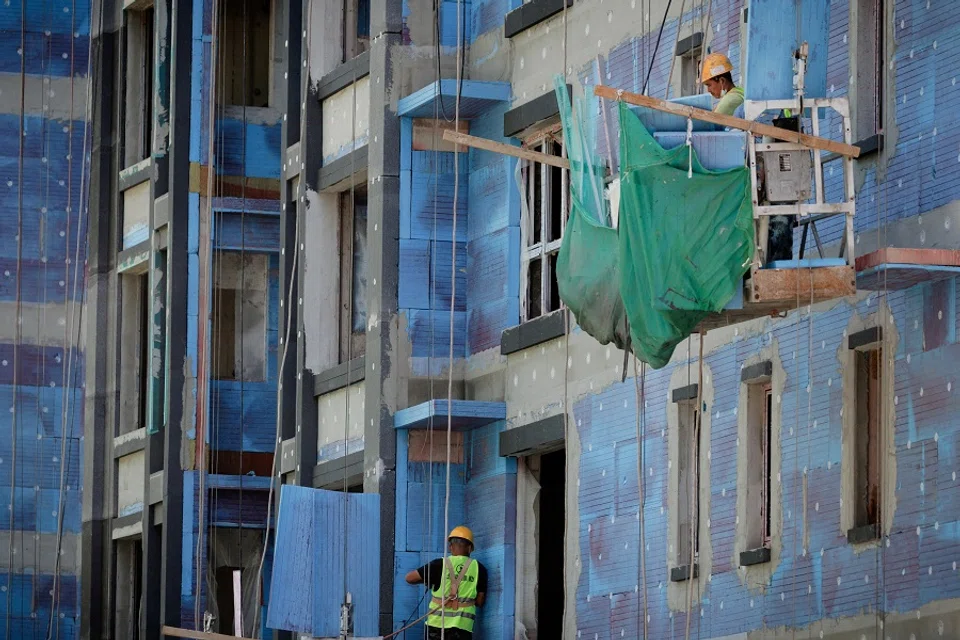
China's real estate policies are set to undergo major changes in 2023.
In the past five years, the Chinese government has maintained the principle that "houses are for people to live in, not for speculation" and focused on stabilising housing and land prices as well as expectations, with a clear emphasis on "stability".
Stability is the only way to ensure that home prices will not fall, which in turn gives people the confidence to overcome various restrictions to enter the housing market. This led to record real estate sales year after year (from 2016 to 2021) and remarkable prosperity.
Not only did real estate investments grow rapidly, but local governments were also able to garner revenue from land finance. This was China's basic real estate policy for the past two decades, and also the main driver of the country's GDP.
However, the real estate market underwent major changes in 2022, with property investments declining by 10%, the worst record in more than 20 years. Home sales fell by 28.3% back to 2017 levels; residential new constructions measured by floor area declined by a record 39.4%; personal mortgage loans were down 26.5%, marking a weakening buyer demand; while the growth in local government land transfer fees slumped by more than 40% - the decline would have been worse if not for the land-buying spree by local government-backed investment companies.
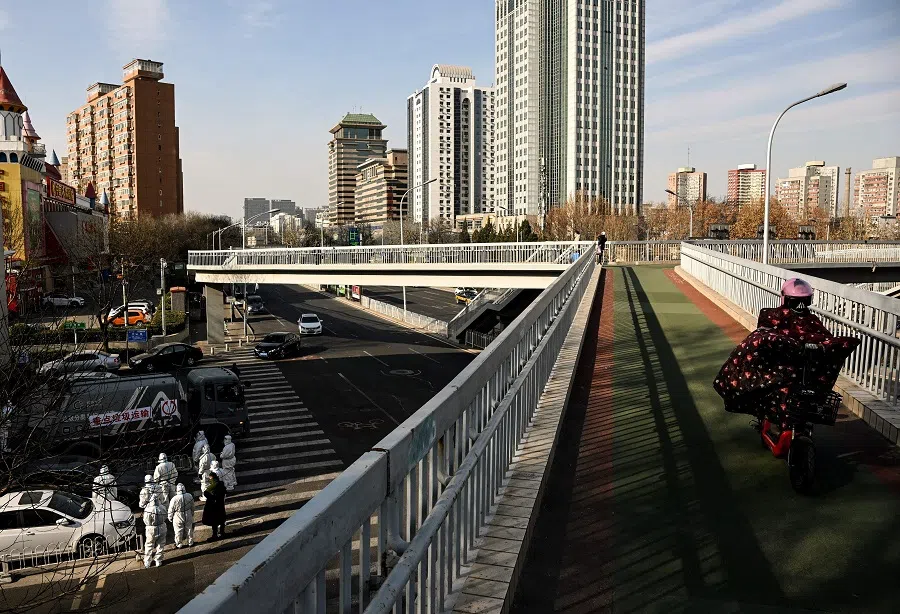
But that's not all. Home prices in 70 large and medium-sized cities fell for eight consecutive months, with the situation being even worse in third- and fourth-tier cities, completely shattering the myth that home prices never fall. A cyclical adjustment of the real estate market has begun, and consumer confidence in the property market has hit a record low.
Risk prevention a top priority
Based on the current circumstances, this situation looks set to worsen in 2023. Faced with tough challenges, the Chinese government has made significant changes to its real estate policies this year.
Firstly, risk prevention has become the top priority. Addressing the country's property slump, the Central Economic Work Conference (CEWC) held in December last year called for "effectively preventing and defusing major economic and financial risks" and affirmed the goal of "mitigating risks and ensuring the delivery of housing projects", as it no longer turns to policies to safeguard "stability" in real estate.
At a meeting held in January, the Ministry of Housing and Urban-Rural Development also stated that the huge risks in the property market must be resolved through a "slow puncture" (慢撒气) instead of a sudden detonation.
... as of December 2022, only approximately 20% of the country's stalled housing projects had fully resumed construction. Ensuring home deliveries will no doubt be a challenging task this year.
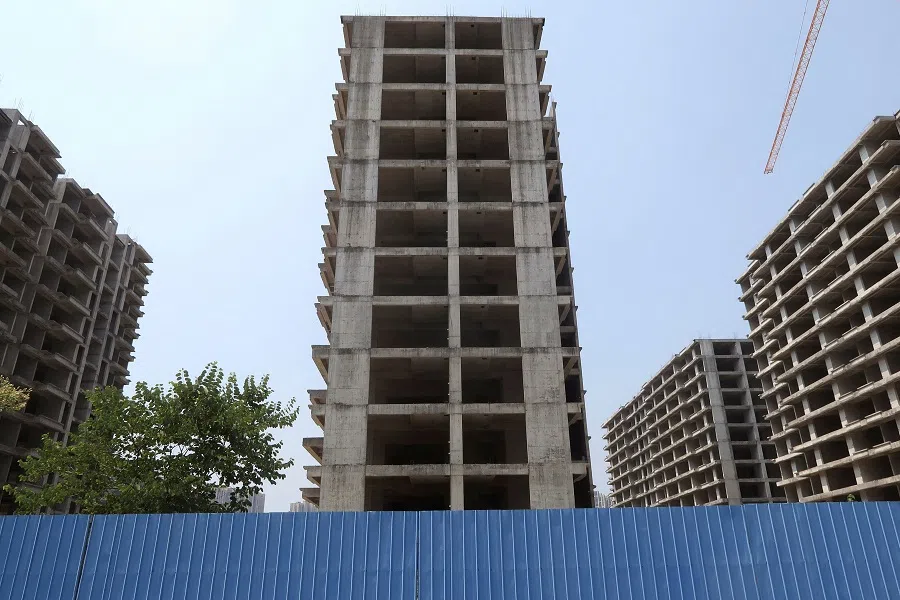
Although the goals of "mitigating risks and ensuring the delivery of housing projects" are two sides of the same coin, the emphasis is clearly on the latter. Risks can only be mitigated if the delivery of off-plan property (期房, property that is purchased with construction not yet completed) can be ensured and in turn restore consumer confidence.
Otherwise, this will not only trigger a housing market crash and a property crisis, but residents will also refuse to repay their mortgages, which could in turn trigger a banking crisis and exacerbate risks in the financial market. It could even precipitate a social crisis if homebuyers were to blame the government for their losses.
However, although the government has pledged to ensure the delivery of homes since the mortgage boycott erupted in July last year, as of December 2022, only approximately 20% of the country's stalled housing projects had fully resumed construction. Ensuring home deliveries will no doubt be a challenging task this year.
Weeding out bad companies
Property policies must balance two aspects to ensure that projects are completed and to guard against risk. On the one hand, it should focus on good-quality housing, while impartially supporting both high-quality state-owned and private enterprises in improving their balance sheet.
In a recent meeting, the Bank of China and the China Banking and Insurance Regulatory Commission discussed the credit situation with major banks, and announced the plan to emphasise reviving assets, sustaining mortgage payments, boosting equity financing, and raising buyer interest.
... property companies going bust is expected to be a common sight this year, and the existing 100,000 property companies will gradually shrink in scale.
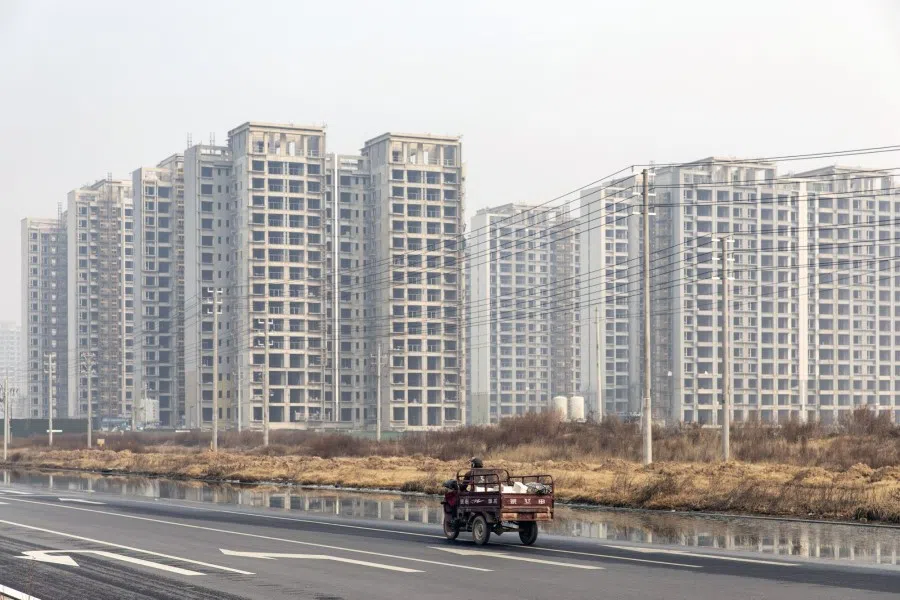
The focus will be placed on property companies that concentrate on their core business, comply with regulations, and have good credit and a workable system in place. Comprehensive policies will be introduced to improve operational and investment cash flow to bring their balance sheets back on track.
In other words, financing conditions will be relaxed for high-quality property companies to allow construction entities to stay afloat to guarantee the delivery of housing projects.
The other aspect is identifying at-risk property companies, ensuring that they are able to course correct but at the same time dealing with them accordingly - allowing companies that are on their way to bankruptcy to declare so, and holding accountable those that violate the law or hurt public interest.
In fact, the easing of property investment policies does not mean regressing to the old model, but weeding out bad property companies through marketisation and rule of law, and hitting out hard at the illegal practice of amassing funds through property sales. This is a first in property sector policies, and property companies going bust is expected to be a common sight this year, and the existing 100,000 property companies will gradually shrink in scale.
Evidently, maintaining and growing high-quality companies is essential to guaranteeing housing project completion and restoring market confidence. To this end, there will be a long road ahead this year.
... the presale housing system, which has been heavily criticised for many years, will be significantly reformed...
Improving current laws and affordability
Next, there are two main aspects in driving the transformation of the property sector.
First, improving current property laws. For example, last year's incident involving unfinished housing projects was largely caused by serious gaps in the presale housing system. Hence, this year's policies introduced new approaches such as the sale of ready units where possible, while implementing processes for presale housing fund monitoring, so as to prevent fund misuse that could lead to the non-completion of housing projects.
This means that the presale housing system, which has been heavily criticised for many years, will be significantly reformed to create institutional conditions for the sale of existing homes on the one hand, and to establish a system of strict supervision of operating funds for pre-sale homes on the other. Huge changes are expected in the mode of financing and the management of operating funds in the real estate industry, which will greatly impact how property companies operate.
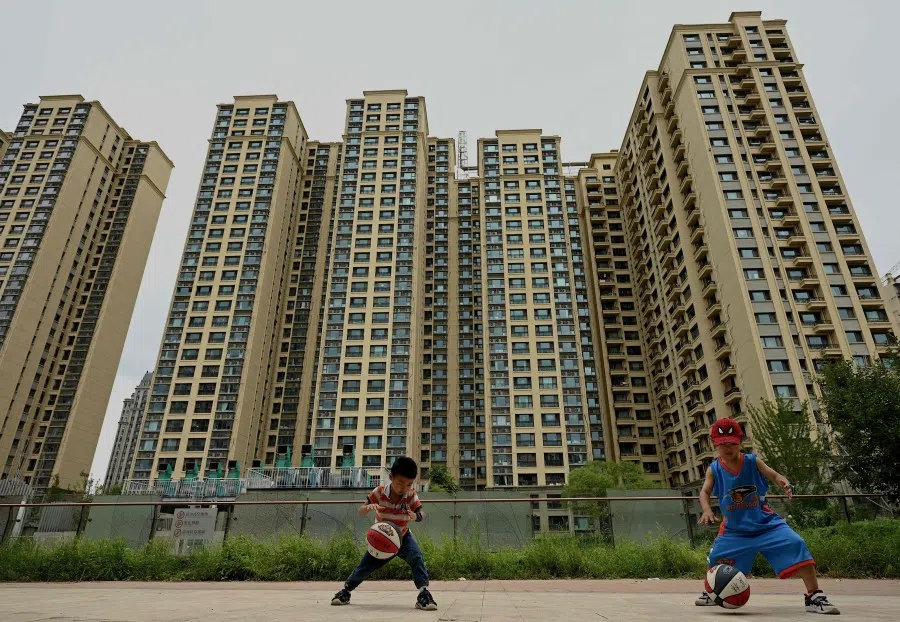
Second, how the property market will shift into the long-term market system that addresses the purchase, rental and affordability of housing in China. For example, vigorously increasing the construction and supply of public rental housing, shared ownership housing and other types of secure housing, and promoting the redevelopment of shanty towns. Such developments will help resolve the housing issues of new residents and young people.
Shenzhen's recently launched shared ownership housing to resolve its residential and talent housing issues could help preserve the existing interests of the real estate industry, and stabilise housing prices, while addressing the basic housing needs of disadvantaged residents in the city.
What is certain is that the rising property prices and boom of the past 20 years are over. China's property market is paving its way into a new era.
In short, there will be a comprehensive reformation to China's property market this year, which will include changes to its models of financing, fund management, and market operation, as well as a change in market development strategy and mindset. There will be an emphasis on the construction industry as a real economy, whereby growing the property market is equivalent to growing the real economy.
For now, it remains to be seen how this year's tough property situation and major policy adjustments will affect the property market. What is certain is that the rising property prices and boom of the past 20 years are over. China's property market is paving its way into a new era.
Related: Can China achieve a soft landing for its housing market? | How China's housing market landed in the deep freeze | Why China is regulating the property market | Bartering garlic for homes: China's uphill fight to revive the real estate market | Can SOEs' property buying spree save China's ailing property market? | Can China save its property market and economy amid fastest-spreading outbreak to date?


![[Big read] When the Arctic opens, what happens to Singapore?](https://cassette.sphdigital.com.sg/image/thinkchina/da65edebca34645c711c55e83e9877109b3c53847ebb1305573974651df1d13a)


![[Video] George Yeo: America’s deep pain — and why China won’t colonise](https://cassette.sphdigital.com.sg/image/thinkchina/15083e45d96c12390bdea6af2daf19fd9fcd875aa44a0f92796f34e3dad561cc)